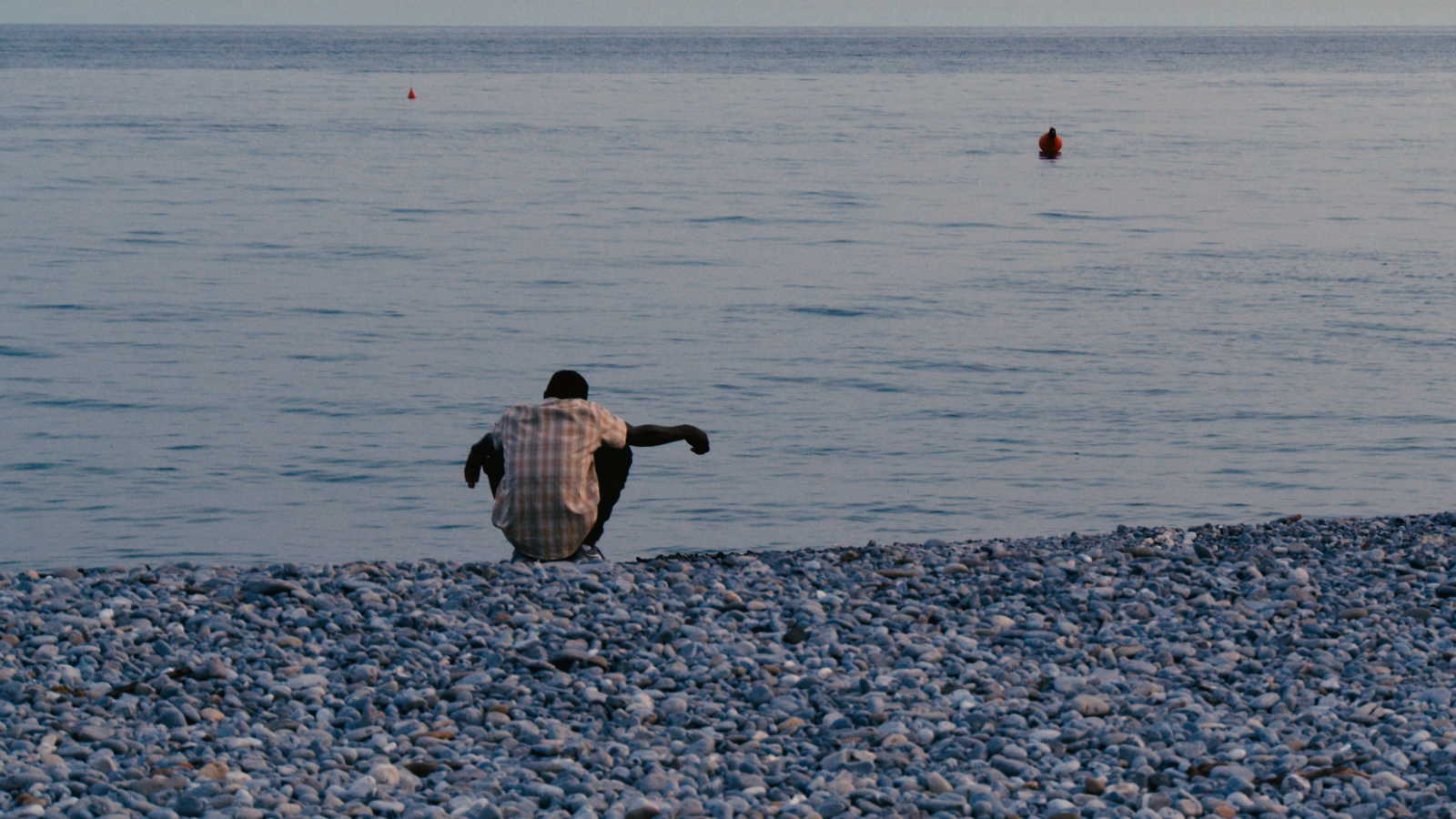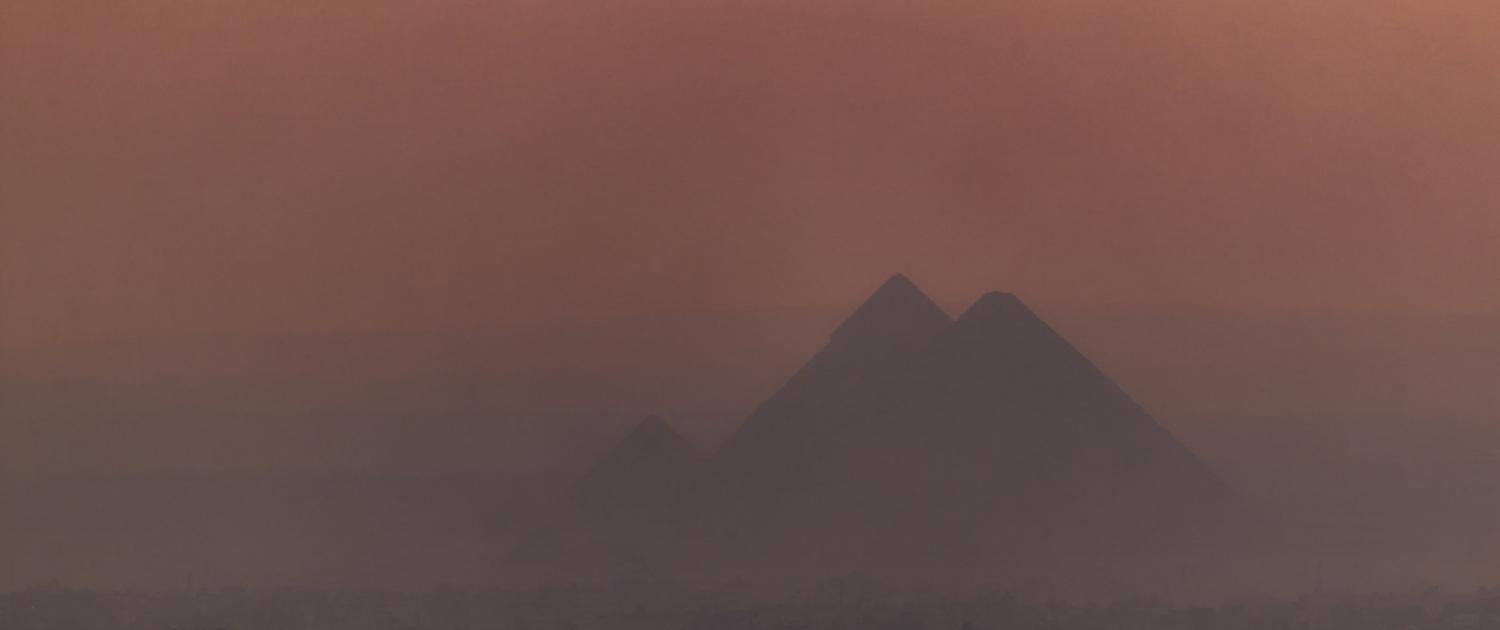
Mahmoud, a Darfurian farmer displaced by violence over scarce arable land, sits on a beach in Ventimiglia, Italy.
HOTSPOTS H2O: Failing Rains in Darfur Foster Conflict and Displacement
By Zara Gounden & Fraser Byers, Circle of Blue – May 31, 2023
Two decades after the onset of the war in Darfur, an enduring water crisis continues to inflict tension between crop farmers and herders in the embattled territory.
In 2003 a culmination of five consecutive years of drought, exacerbated by global warming, produced crisis levels of food insecurity.
Rainfall has decreased by an estimated 20% since the 1970s. Parched conditions are a major stress for subsistence farmers, most of whom practice dryland agriculture in a region where irrigation is scarce. Water insecurity sets the stage for escalating conflicts over fertile territories, enabling armed militias to persist in their recruitment patterns while fueling a surge in migration.
Traditionally, Darfurian farmers permitted migrating herders, including the Aballa camel keepers, to graze their land. The practice was rooted in the recognition of symbiotic benefits such as manure fertilization and the removal of crop residue, which coincided with regular harvests. However, as the rains failed the arable land diminished, desertified, and harvests became unpredictable. The old customs now cease to exist, with farmers resistant to sharing their land and crops with grazing animals.
Herders have responded with “livestock trespassing.” Herders are illegally feeding their animals on cropland they don’t own. It’s produced violent confrontations, and it’s made Aballa herders targets for recruitment into the Janjaweed, the notorious armed militia that carried out the Darfur genocide.
Last summer we met Mahmoud, a Darfurian farm worker from north Darfur. Mahmoud was 22 years old when the Janjaweed last arrived at his farm in Kabkabiya to feed his camels. In attempting to block their trespass Mahmoud suffered two gunshot injuries to his hand and leg. His brother was killed.
Fearing the rumors that the militia was looking for him Mahmoud fled to Libya. But the people he paid for transport sold him into slavery in the city of Bani Waled. He endured three years of forced labor without compensation on a cattle farm before escaping and crossed the Mediterranean to seek asylum in Europe. We met him near the French-Italian border in Ventimiglia, Italy.
Mahmoud’s is not an isolated story. Due to the unrelenting attacks carried out by the Janjaweed, an estimated half a million people remain internally displaced in Darfur, with hundreds of thousands seeking refuge in neighboring countries.




